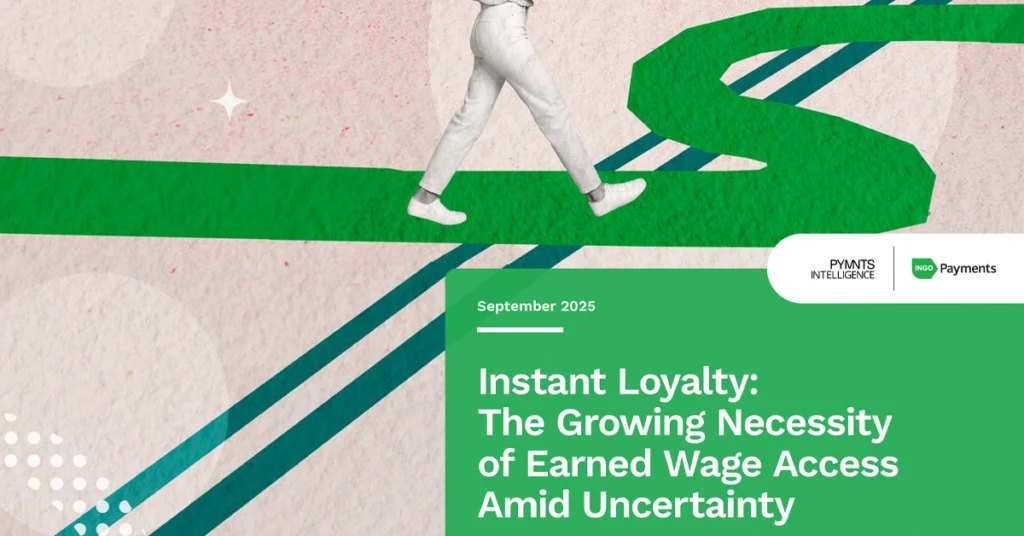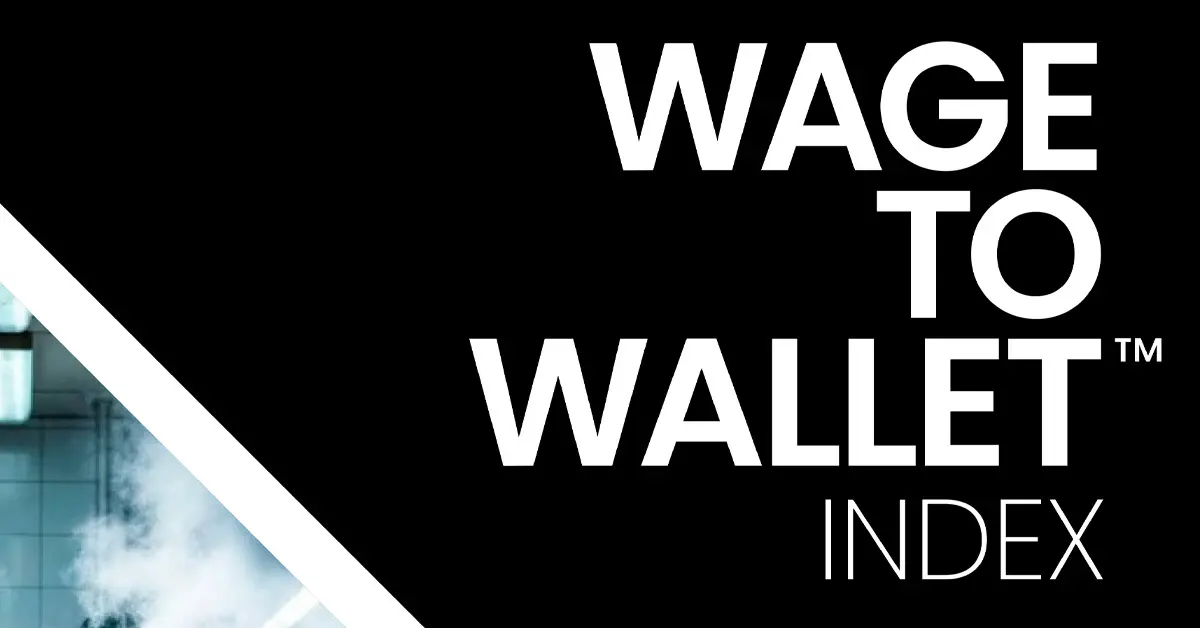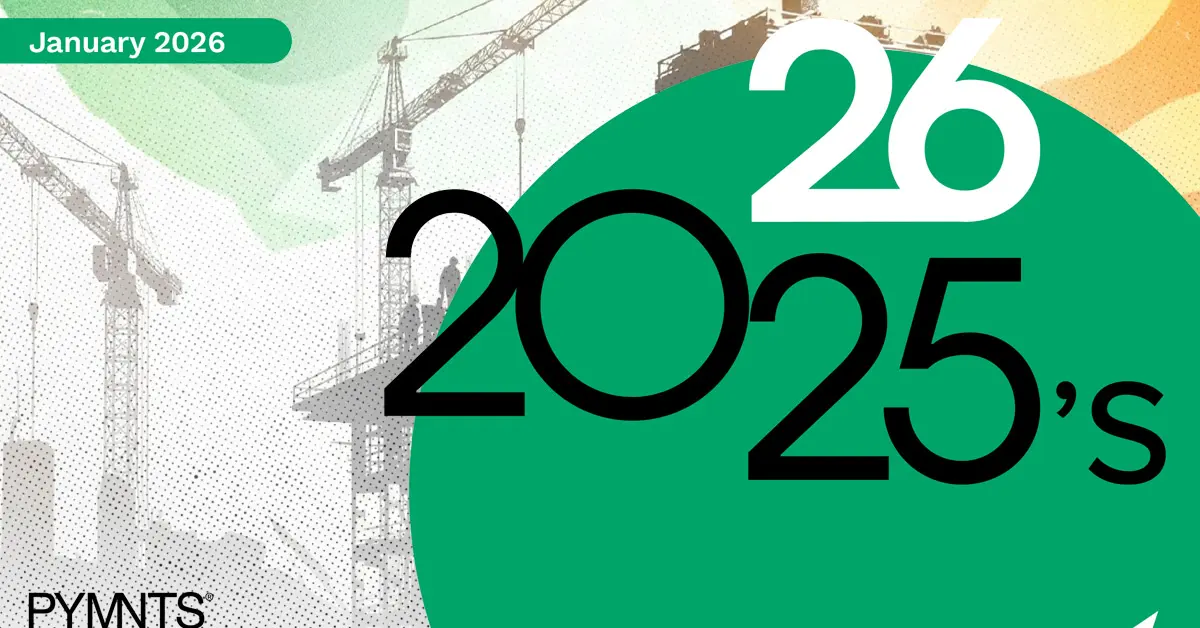In an era of high living costs and economic uncertainty, payroll timing is more than a convenience—it’s a competitive edge. Earned wage access (EWA), which allows employees to collect pay as they earn it, is transforming payroll into a strategic retention tool. The latest data shows workers are no longer willing to wait two weeks for a paycheck, especially as financial stress mounts.
The toll of late payments is significant. Freelancers face persistent delays, with just 5% reporting timely payments for half their invoices. Even traditional employees report payroll mishaps, with 23% citing delayed pay. This instability drives disengagement, absenteeism and turnover, eroding trust between employers and staff.
EWA offers a simple solution: giving workers access to funds in real time. This approach doesn’t rely on loans or credit, and it can integrate seamlessly with payroll systems. The impact is profound. Nearly six in 10 EWA users say it has helped them avoid borrowing, and 40% credit it with preventing late fees. For employers, the return on investment (ROI) is tangible: lower churn, higher engagement and stronger recruitment appeal.
The rise of EWA reflects broader shifts in worker expectations. Like on-demand services in entertainment and retail, instant access to wages is becoming standard. State-level regulation, such as Indiana’s recent EWA legislation, is accelerating adoption, giving businesses clarity and workers confidence in these programs.
Companies are responding with innovative offerings. Ingo Payments, for example, is powering Self Financial’s new Self Cash product, which provides no-interest, no-credit-check cash advances in 26 states. By embedding Ingo Payments’ instant disbursement technology, Self Cash delivers payouts via push-to-debit in minutes rather than days. This kind of access highlights EWA’s value not just as a convenience but as a safeguard in a paycheck-to-paycheck economy.
Forward-thinking companies are reframing payroll as part of their employee value proposition. Those who act now can set themselves apart, positioning pay not only as a transaction but as a loyalty driver.



